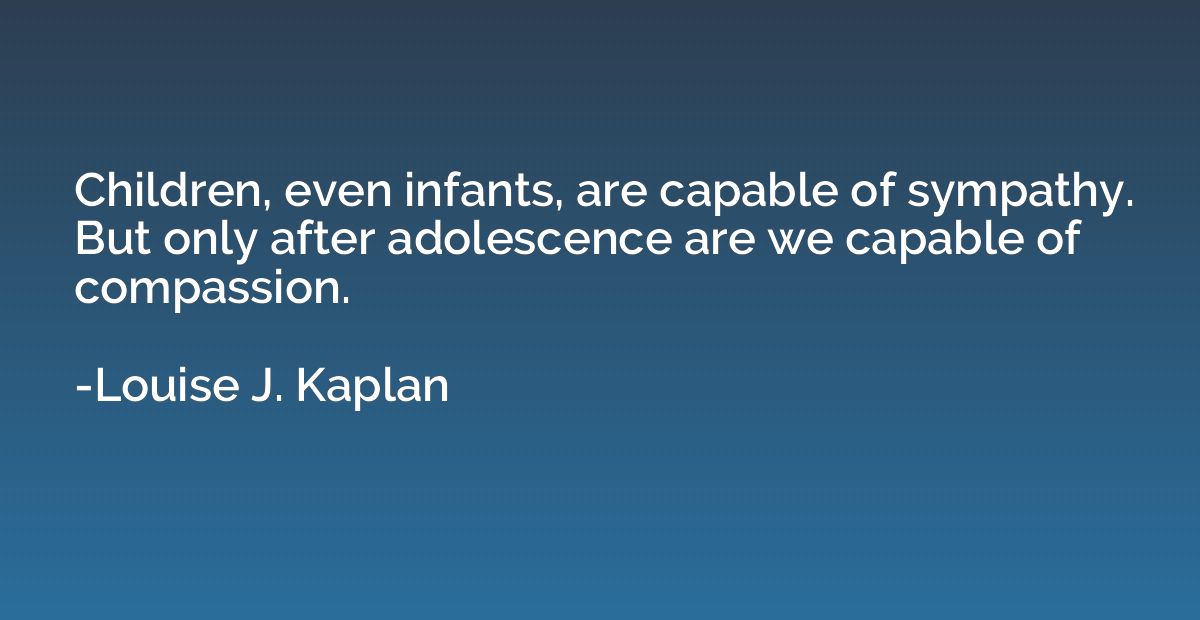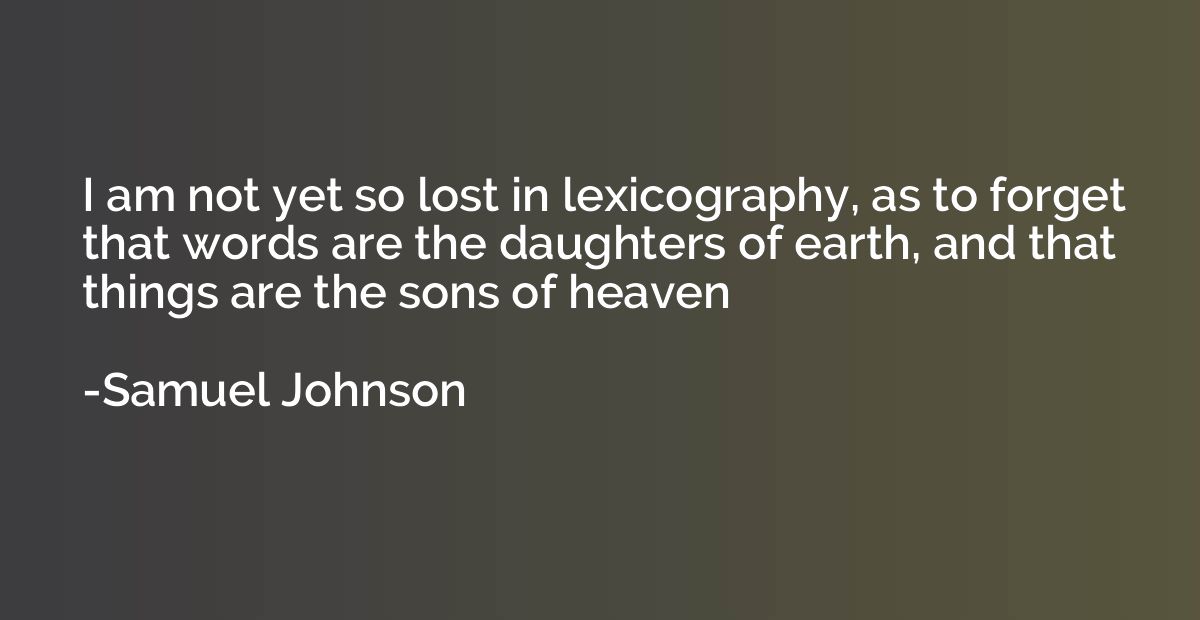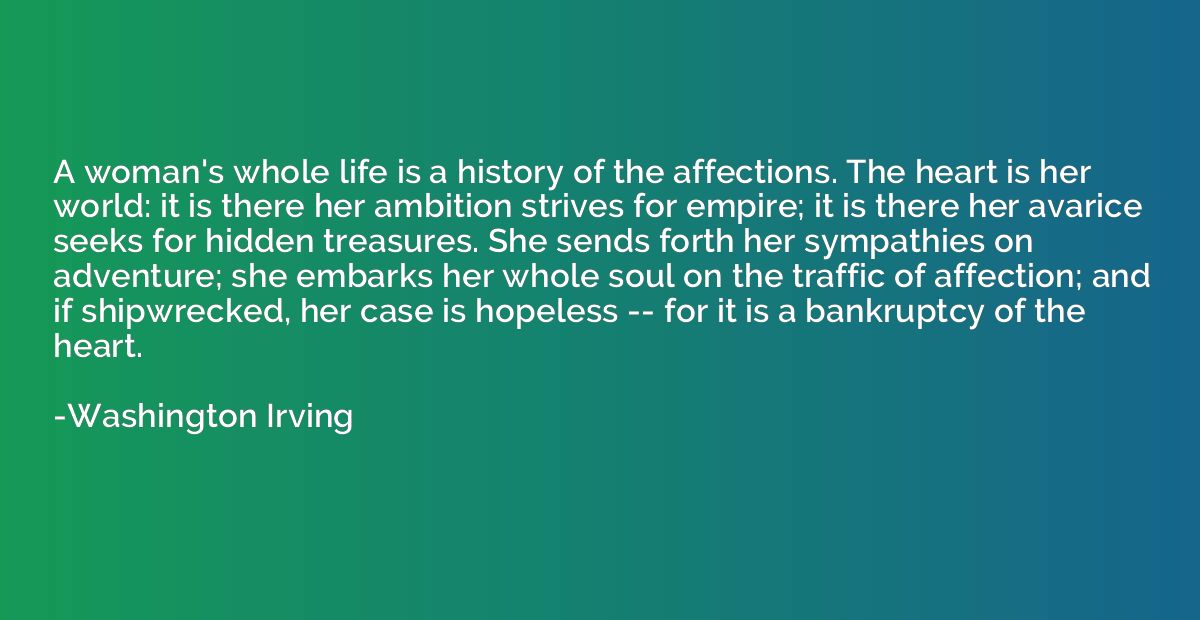Summary
This quote highlights a sarcastic perspective on the concept of ideals. By suggesting that the word "ideals" is unnecessary, it implies that ideals are nothing more than deceptive or false beliefs. The speaker hilariously suggests using the word "lies" instead, humorously emphasizing their skepticism and cynicism towards the notion of ideals. It satirizes the idea of lofty standards or aspirations, implying that they are simply a facade or illusion.
Topics
Idealism
By Henrik Ibsen















